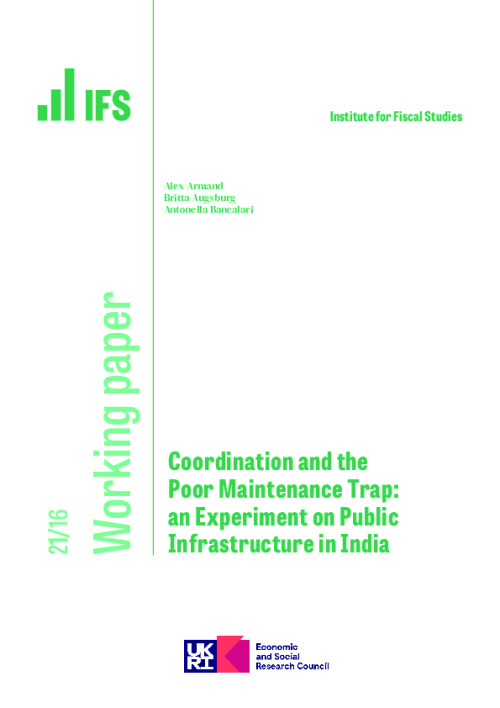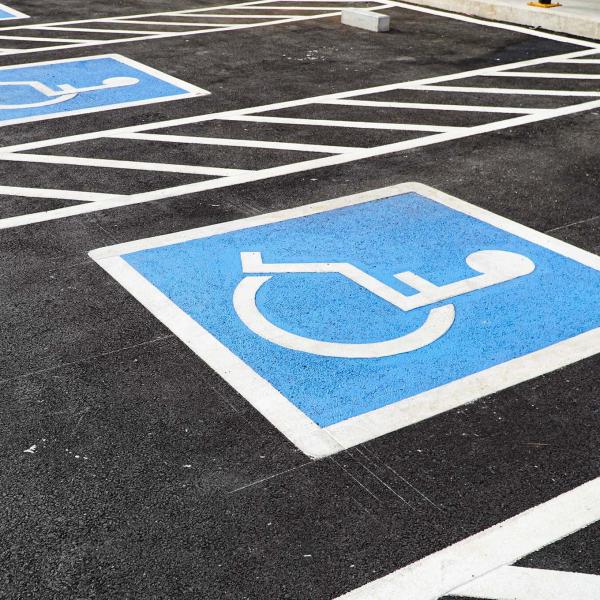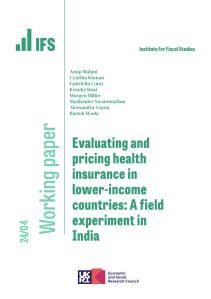Poorly maintained public infrastructure is common in low- and middle-income countries, with consequences for service delivery and public health. By experimentally identifying the impact of incentives for local maintenance for both providers and potential users, this paper provides one of the first economic analyses of provider–user dynamics in the presence of local coordination failure. Focusing on shared sanitation facilities for slum residents in two major Indian cities, we randomly allocate facilities to either a control or two treatments. The first treatment incentivizes maintenance of the facility among providers, while the second treatment adds a sensitization campaign about the returns of a well-maintained facility among potential users. Using surveys, behavioral and objective measurements for both providers and potential users, we show that incentivizing maintenance does not favor collective action. The treatments raise the quality of facilities and reduce free riding, but at the cost of user selection. Providers improve routine maintenance, but also respond strategically to the newly-introduced incentives. While slum residents’ private willingness to pay and cooperation are unaffected, their demand for public intervention increases. The second treatment raises aware-ness, but does not affect behavior.











